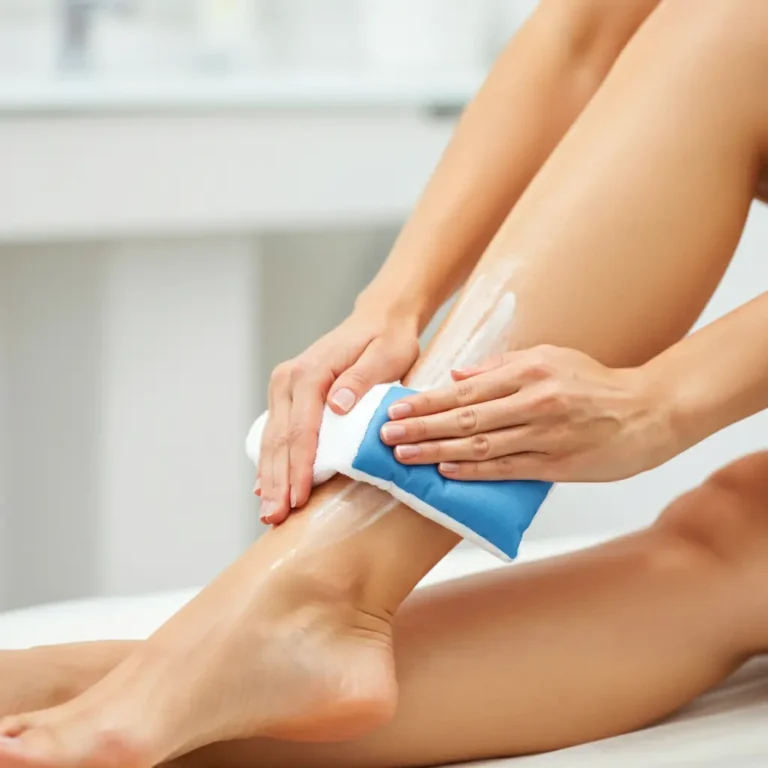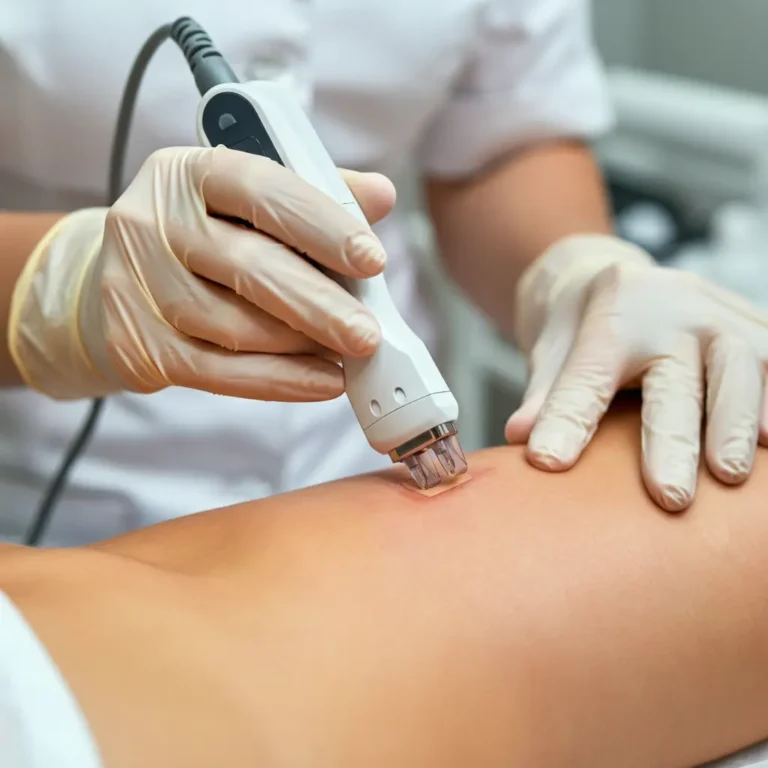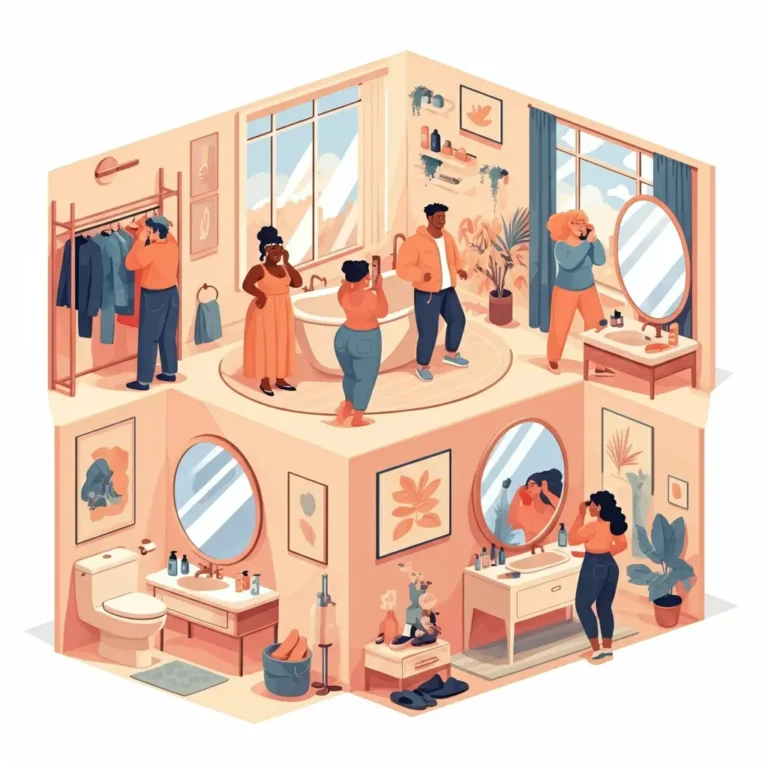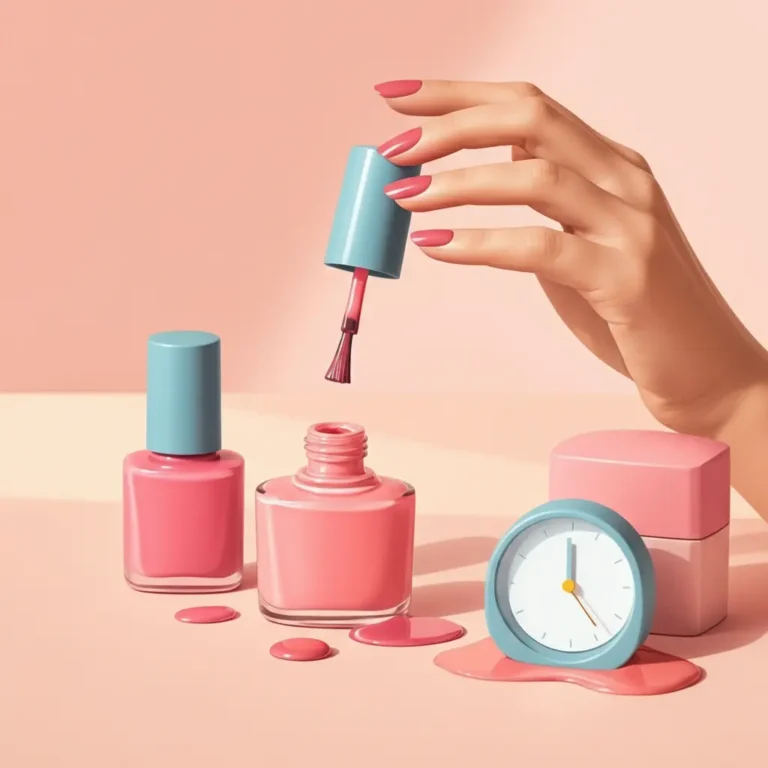How Long Does It Take for Pink Eye to Go Away
Table of Contents
1. What Is Pink Eye?
Pink eye, also known as conjunctivitis, is an eye condition that causes redness, itchiness, and a watery or sticky discharge. It can affect one or both eyes and is common in both children and adults. While it often looks serious, most cases are mild and clear up on their own.
Common Types of Pink Eye
There are three main kinds of pink eye, each with different causes and symptoms:
- Viral: Often linked to colds or the flu. Very contagious.
- Bacterial: Caused by bacteria. Often leads to yellow or green discharge.
- Allergic: Triggered by allergens like pollen or pet dander. Not contagious.
Each type needs a different approach for relief and recovery.
What Causes Pink Eye?
Pink eye can start for different reasons, such as:
- Viruses (like those that cause a cold)
- Bacteria (from dirty hands or contact lenses)
- Allergies (like pollen or dust mites)
- Irritants (like smoke or chlorine)
- Foreign objects or contact lens misuse
Sometimes, it’s hard to tell the type without a doctor’s visit.
How Long Does Pink Eye Last?
The length of time pink eye lasts depends on what caused it.
- Viral pink eye usually clears up in 7 to 10 days.
- Bacterial pink eye may get better in 2 to 5 days with treatment.
- Allergic pink eye can last as long as the allergen is present.
Some cases last longer, especially if untreated or if you have a weakened immune system.
Pink Eye Duration by Type: Viral, Bacterial, Allergic
Let’s break it down further:
Type of Pink Eye How Long It LastsContagious?Treatment Needed?
Viral 1–2 weeks Yes No (usually clears on its own)
Bacterial 2–5 days with antibiotics (up to 10 without) Yes Yes (antibiotic drops or ointment)
Allergic Days to weeks (ongoing) No Yes (allergy drops or antihistamines)
Viral cases are the most common. They usually follow a cold and can be very contagious.
When Pink Eye Is Contagious
Pink eye caused by viruses or bacteria is contagious:
- Viral pink eye: Contagious before and during symptoms
- Bacterial pink eye: Contagious until 24 hours after antibiotics start
Allergic pink eye is not contagious.
Avoid sharing towels, makeup, or pillows to keep it from spreading.
Can Pink Eye Go Away Without Treatment?
Yes, many cases go away on their own:
- Viral pink eye usually clears without medicine.
- Bacterial pink eye sometimes improves without drops, but antibiotics can help speed things up and stop the spread.
If symptoms last more than 10 days or get worse, it’s best to see a doctor.
Home Remedies to Relieve Symptoms
You can ease pink eye symptoms at home. Here’s what helps:
- Cool compresses for itching and swelling
- Warm compresses to remove sticky discharge
- Artificial tears (over-the-counter eye drops)
- Cleaning eyelids with clean cotton and water
- Rest and hydration, especially for viral infections
Always wash your hands before and after touching your eyes.
When to Use Antibiotics for Pink Eye
Antibiotics only work for bacterial pink eye. Signs you may need them:
- Thick yellow or green discharge
- Eyes stuck shut in the morning
- Redness that spreads
- No improvement after a few days
Your doctor may prescribe drops or ointments. Don’t use old or shared medication.
Pink Eye in Kids vs Adults
Children often catch the pink eye at school or daycare. It spreads fast in groups. They may rub their eyes often, which makes it worse.
Adults can get it from touching infected surfaces or wearing old makeup or contact lenses. Adults may notice pink eye alongside a cold or sinus infection.
Recovery times are similar, but younger kids may need more help keeping their hands clean.
How to Prevent It from Spreading
To keep the pink eye from passing to others:
- Wash hands with soap often
- Avoid touching or rubbing your eyes
- Don’t share towels, eye drops, or makeup
- Disinfect phones and shared surfaces
- Stay home from work or school until cleared
Most people can return to daily activities once symptoms improve or after 24 hours on antibiotics (for bacterial types).
What Not to Do When You Have Pink Eye
Avoid these actions if you want to get better faster:
- Don’t wear contact lenses
- Don’t use eye makeup (or throw it away if already used)
- Don’t share personal items
- Don’t rub your eyes (it spreads infection)
- Don’t skip hand washing
These can cause re-infection or spread it to others.
When Should You See a Doctor?
See a doctor if you notice:
- Pain in the eyes
- Blurry vision that doesn’t go away
- Light sensitivity
- Fever or sinus pain
- No improvement after several days
You may need eye drops, a check for other infections, or advice on managing allergies.
How to Speed Up Recovery
Want pink eye to clear faster? Try this:
- Rest your eyes (reduce screen time)
- Use clean towels and pillowcases daily
- Drink plenty of fluids
- Apply compresses 2–3 times a day
- Follow any prescribed treatment
- Keep hands and surfaces clean
Don’t rush healing. Let your body work while you stay clean and rested.
Is It Safe to Wear Contacts During Pink Eye?
No. Never wear contact lenses while you have pink eye. It can:
- Slow down healing
- Cause more irritation
- Spread the infection
- This leads to more serious eye problems
You can start using contacts again after the symptoms are gone and your doctor gives the okay. Make sure to clean or replace lenses and cases before reuse.
FAQs
Can pink eye last more than two weeks?
Yes, especially viral or allergic types. If symptoms linger beyond 14 days, see a doctor.
Do I need to stay home with pink eye?
If it’s contagious (viral or bacterial), it’s best to stay home until you’ve been on treatment for 24 hours or the symptoms ease.
Can pink eye cause permanent damage?
In most cases, no. However, untreated or severe infections can lead to complications. Seek care if your vision is affected.
How can I tell what kind of pink eye I have?
You’ll notice different signs. Viral pink eye comes with watery eyes and a cold. Bacterial has thick discharge. Allergic causes itching, and both eyes are usually affected.
Will I get pink eye again?
Yes, it’s possible. But washing hands, avoiding dirty contact lenses, and not sharing personal items can lower your risk.







